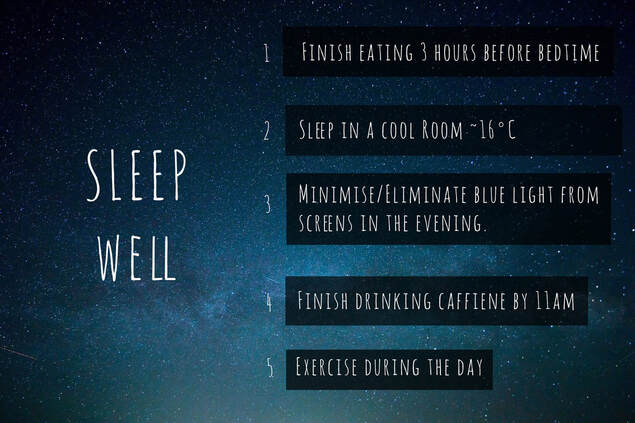Whilst the significant associations with insufficient sleep and physical diseases and mental disorders are seriously alarming, we can use this knowledge to our advantage and take small, simple steps feel better now and for the future. Why We Sleep.In his book Matthew Walker, Professor of Neuroscience and Psychology at the University of California, Berkeley and Director of the Sleep and Neuroimaging Laboratory, describes how a lack of sleep negatively affects many chronic pain conditions. The latest sleep research gives us the knowledge we can use to boost your progress with treatment. In this blog I'll talk about why and how we can make small changes to improve our sleep quality to not only feel better in the coming few days but reduce the risks of lifestyle related dis-ease in the future. Sleep StudiesSleep studies are able to show us the patterns of sleep we go through by monitoring brain wave activity. The question of why we sleep has been a subject of great interest, given that insufficient sleep predicts all-cause mortality including your risk of post-traumatic stress disorder (PTSD) and other mental health conditions, we can confidently say it is one, if not the main foundational pillar of health. I recently attended a seminar series about the neurobiology of pain conditions and it was the research on Overlapping Chronic Pain Conditions (OCPCs) that the presenter discussed that really peaked my interest. Most, if not all, of my clients at Unwind have this to some degree and when you listen to the interviews and TED talk with Matt Walker you really get an appreciation of you can make proactive, positive steps to turning the condition of your body around for yourself. This is the great thing, it's free! All you have to do to start is see which ideas below you know you use improve your sleep and therefore have a knock-on affect for your...
Podcasts & Reading
5 Ways To Improve Your Sleep.Pick just one or all five of these tips to begin transforming the quality and quantity of your sleep...
What happens to the body on poor sleep.
Comments are closed.
|
AuthorSarah Bedford Recent PostsCategories
All
|



 RSS Feed
RSS Feed


